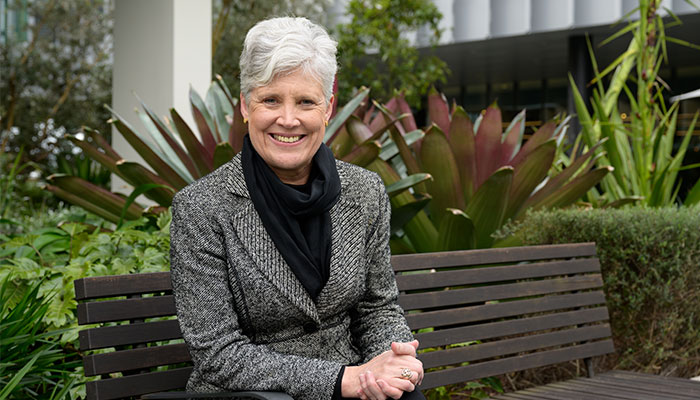Young optimists and extroverts who are prepared to move back in with their parents, start side gigs and reduce personal expenses have more financial resilience than their peers who lack these personality traits, a new study has found.

Researchers interviewed 71 young Australians to assess how they were coping with the current cost of living crisis. The research found that some people are better able to adapt to financial setbacks than others, even after allowing for differences in wealth and income. Some struggled to cut back on expenses that many would regard as discretionary such as beauty and grooming, fitness, private schools, travel and entertainment.
One mother spoke through tears describing how painful it would be to withdraw her children from their school, even though she had not bought new clothing for herself in several years, says Macquarie Business School Professor Elizabeth Sheedy. One woman said she’d rather sleep on the side of the road than take in a housemate.
The study highlighted how working parents tended to be time-poor and lacked the capacity to take on additional work, says Professor Sheedy, a researcher in the Department of Applied Finance.
How personality is linked to financial resilience
Personality traits – especially optimism and extroversion – were found to be linked to financial resilience and adaptability.
“Certain personal traits are very important so that people can view setbacks, and the consequential lifestyle changes, in a more positive light,” says Professor Sheedy, co-author of the research paper Sailing through setbacks – What makes financial resilience?
Professor Sheedy and co-authors Professor Robert Wood and Dr Syed Shah found the most resilient individuals coped with financial setbacks without undue stress. They could cut back on discretionary spending including travel, framing this as a ‘first world problem’. They could accept having fewer social outings, and were not crushed by having to postpone housing goals.
Financial resilience is a crucial life skill, because everyone will experience financial setbacks at some point in their lives.
However, those who reported feeling the strain of financial pressure said they could not see how to make more household budget cuts than they already had. A small group reported they felt in crisis.
The researchers found the capacity to make big lifestyle changes was key to coping with financial difficulties, with many participants comfortable with strategies such as moving to cheaper housing, moving in with parents or taking in a housemate.
Cutting back on spending, improving financial-management skills and, importantly, looking for new sources of income were strategies that characterised young people who had financial resilience.
“Financial resilience is a crucial life skill, because everyone will experience financial setbacks at some point in their lives,” says Professor Sheedy.
“The cost-of-living crisis was a chance to investigate this issue, with almost everyone experiencing a setback. We wanted to know what strategies young adults use to cope and also to know what characteristics, apart from wealth/income, help them to cope better. We used qualitative research methods, which are ideal for understanding decision-making processes.
“We always felt the previous research overlooked the willingness of people to adapt.
“It’s important to set up your finances so that you are ready for a financial setback which can take many forms - health emergency, failure of a major appliance, loss of job, accident, property damage, natural disaster, relationship breakdown. As the Boy Scouts say, be prepared! If you’re not an extrovert, and not naturally optimistic, you need to take extra care.”

Professor Sheedy, pictured above, provides the following tips based on research:
- Keep an emergency savings buffer
- Do not take on too much debt
- Have some unused debt capacity that can be used in an emergency such as a redraw facility in your mortgage or a low-cost credit card that sits in the bottom drawer. This is particularly important if you do not have friends or family who can help
- Insure major assets such as your car and home and read policies carefully to ensure you have adequate coverage
- Assess your ability to make lifestyle changes based on your personal circumstances and personality. How easy would it be to make drastic spending cuts? To find new sources of income? To ask for help from family, friends or charities? People who would struggle with these should be extra careful how they arrange their finances, needing additional savings buffers and having less capacity to take on debt



